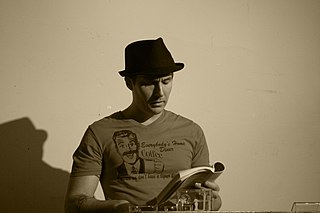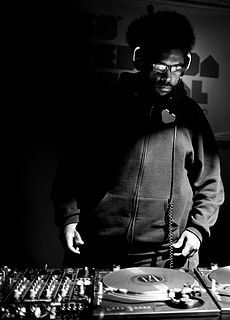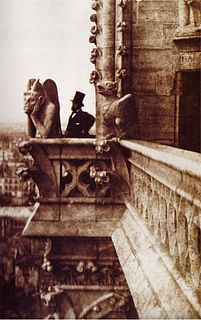A Quote by Lascelles Abercrombie
By the general process of epic poetry, I mean the way this form of art has constantly responded to the profound needs of the society in which it was made.
Related Quotes
Art and poetry cannot do without one another. Yet the two words are far from being synonymous. By Art I mean the creative or producing, work-making activity of the human mind. By Poetry I mean, not the particular art which consists in writing verses, but a process both more general and more primary: that intercommunication between the inner being of things and the inner being of the human Self which is a kind of divination (as was realized in ancient times; the Latin vates was both a poet and a diviner). Poetry, in this sense, is the secret life of each and all of the arts.
Poetry can be criticized only through poetry. A critique which itself is not a work of art, either in content as representation of the necessary impression in the process of creation, or through its beautiful form and in its liberal tone in the spirit of the old Roman satire, has no right of citizenship in the realm of art.
In a way, that's also a recognition that Dante needs Virgil and that the Inferno needs the Aeneid and that the epic needs a model and that for Dante to write this great poem he needs someone to come before him and he turns to Virgil's text, especially book six where Aeneas goes down into the underworld. And for me, that's a model of the poet's relationship to previous poetry, to another poetry as calling out for guidance.
Memoir is a unique opportunity to revisit yourself. I don't mean by memory. I mean in the revision process. You don't just write a chapter and that's it. You must constantly return to it. You must dote on it. And even if it's saying something ugly about who you are, you have to find the poetry in it. You have to find the poetry in yourself.
Karl Marx left it to others to find the way beyond capitalism to a higher form of society. He saw his role as giving them as accurate a theory as he could of how capitalism works, which would also show them the reasons why it needs to be abolished and replaced by a freer and more human form of society.
Resistance here doesn't mean revolution. It doesn't mean storming the barricades. Resistance means using art for the things that it does best, which is to create human portraits and communicate ideas and forge a climate where people of different races or classes are known to you because they make themselves known. In the simplest terms, art humanizes. It opens the circuit of empathy. And once that process happens, it's that much harder to think of people as part of a policy or a statistic. Art reverses the alienation that can creep into society.
Some people flinch when you talk about art in the context of the needs of society thinking you are introducing something far too common for a discussion of art. Why should art have a purpose and a use? Art shouldn't be concerned with purpose and reason and need, they say. These are improper. But from the very beginning, it seems to me, stories have indeed been meant to be enjoyed, to appeal to that part of us which enjoys good form and good shape and good sound.
Culture has to be constantly on the vanguard, too. It should be educating people, as it does in Latin America: thousands of great theatres, art cinemas, millions of free books distributed by the governments, public poetry readings, free public lectures, and all sorts of bookstores are open until early mornings, exhibitions reacting to the needs and sorrows of society, concerts of engaged music.
To later Romans Ennius was the personification of the spirit of early Rome; by them he was called "The Father of Roman Poetry." We must remember how truly Greek he was in his point of view. He set the example for later Latin poetry by writing the first epic of Rome in Greek hexameter verses instead of in the old Saturnian verse. He made popular the doctrines of Euhemerus, and he was in general a champion of free thought and rationalism.
Mathematics is a form of poetry which transcends poetry in that it proclaims a truth; a form of reasoning which transcends reasoning in that it wants to bring about the truth it proclaims; a form of action, of ritual behavior, which does not find fulfilment in the act but must proclaim and elaborate a poetic form of truth.







































